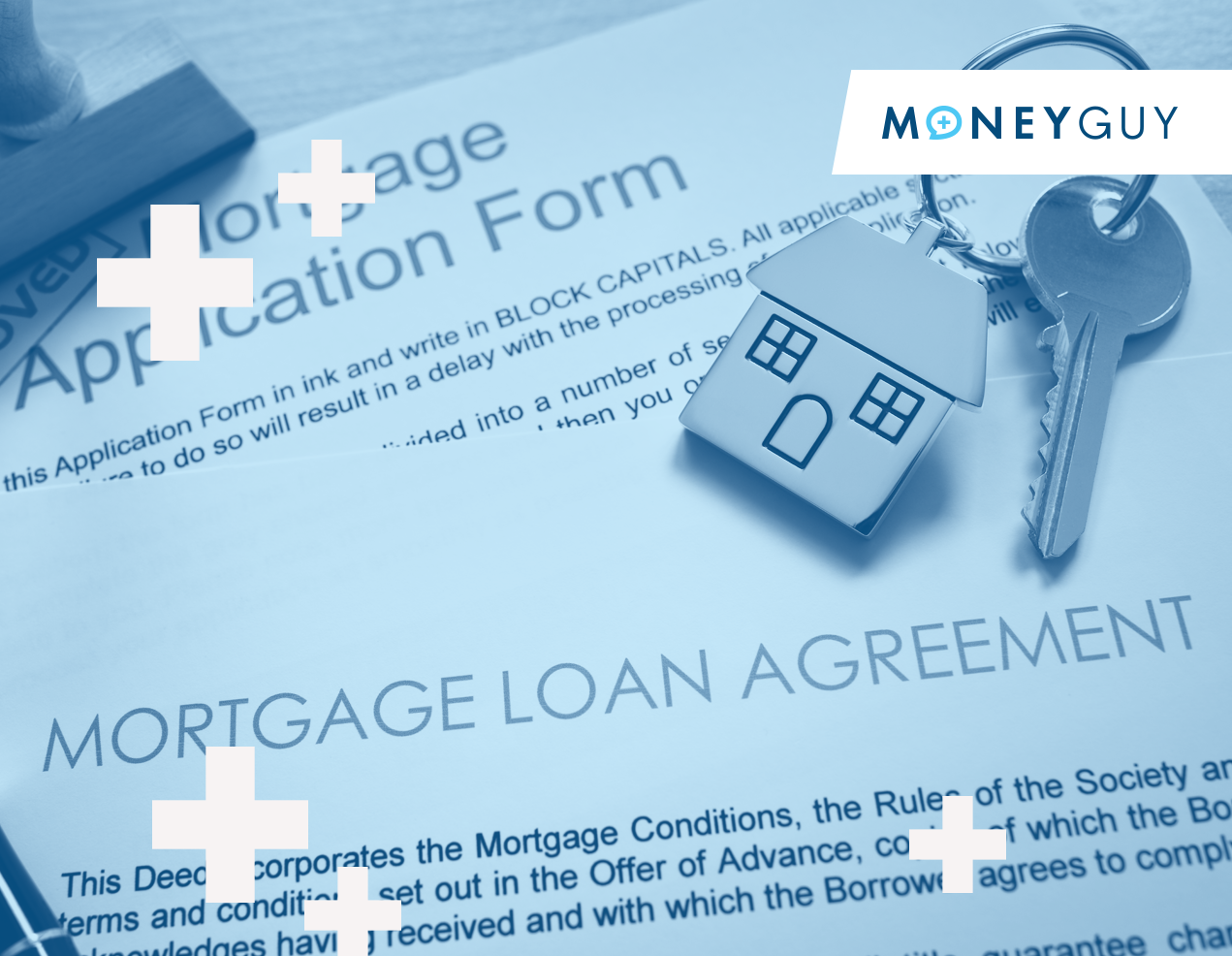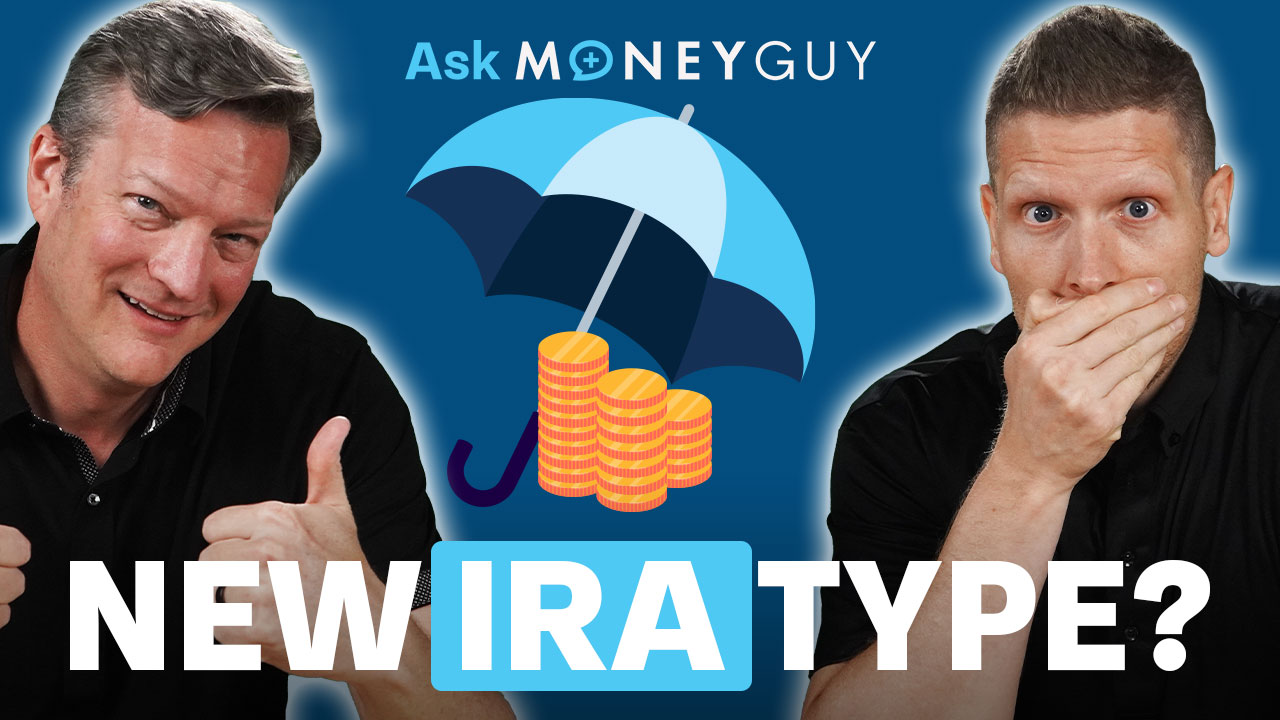
Mortgage rates are near all-time lows, which has many homeowners wondering if it’s the right time to refinance their mortgage or buy a home. Low interest rates don’t necessarily mean it’s a great time to refinance or buy a home, though. Your mortgage interest rate is only one factor that should be considered. The monthly payment, the time it takes to pay off your mortgage, type of interest rate (fixed or variable), and costs of refinancing should all be considered when deciding whether or not to refinance your mortgage.
The monthly payment
Many people refinance their mortgage to get a lower monthly payment, but a lower monthly payment could come at the cost of additional interest paid over the life of your mortgage and a longer time until your home is paid off. If your primary goal of refinancing is to get a lower monthly payment, make sure you won’t end up paying more interest over the life of the loan. If you have 20 years left on your mortgage, and refinance to a 30-year mortgage, you may need to make additional payments to ensure your loan is paid off in the same amount of time. Dragging out the term of your mortgage will only add to the total amount you pay over the life of the loan.
Reducing your monthly payment may create extra cash flow in the short-term, but can cause you to actually pay more over the long-term.
Variable or fixed interest rate?
Some homeowners may want to refinance their mortgage to switch between a variable or fixed interest rate. A fixed-rate mortgage has the same rate for the entirety of the loan, while variable interest rates change over time. In general, variable rates are lower to compensate for the risk of your rate increasing in the future. Variable interest rates might be appealing to those looking for short-term financing, and those with longer left on their mortgages may want to opt for a fixed-rate mortgage instead.
Time it takes to pay off your home
The time it takes to pay off your mortgage is just as important as your interest rate and monthly payment. If you extend the term of your loan, all other factors being equal, you’ll end up paying more in interest over the life of the loan. If you shorten the term of the loan, you’ll pay less in interest over the life of the loan. It is possible to save money in the short-term, by lowering your monthly payment, but end up paying more money over the long-term. Approach paying your mortgage with a deferred gratification mindset; instead of extending your loan further out into the future, it may be better to sacrifice a higher monthly payment in the present to save even more on interest in the future.
Lower interest rate
A popular reason for refinancing your home is to get a lower mortgage interest rate. Just because you are refinancing to a lower interest rate doesn’t mean you’ll end up saving money; in fact, with refinancing costs and a longer loan term, refinancing could end up costing you more in the long run. Here’s how to tell whether refinancing will be best for you, and how to potentially skip the refinancing process altogether.
Ask for a rate modification
You may want to contact your current lender first to see if you are eligible for a rate modification. You could potentially receive a lower interest rate from your existing lender if you qualify for a rate modification, which, all other things being equal, would save you money in the long run.
How to tell if refinancing is right for you
If you aren’t eligible for a rate modification or if you are wondering whether refinancing might be more beneficial for you, you need to crunch the numbers to see how much money you can expect to save. To do that, subtract your new rate from your old rate. If your old rate is 4.00% and your new rate is 3.50%, the formula would be 4.00% – 3.50% = 0.50%. Next, multiply the difference between your old and new rate by your outstanding loan balance. If you have $100,000 outstanding, it would be $100,000 × 0.50%, which would be $500. This is a rough calculation of the amount of money you can expect to save on interest each year, but it isn’t exactly right because your outstanding balance will continue decreasing which means the amount saved on interest will also decrease. Still, if you are looking for a quick, very rough estimate for how much you can expect to save by refinancing, compare the amount saved on interest to refinancing costs. The year when the amount saved on interest exceeds refinancing costs is your breakeven point, and if you expect to stay in the home past the breakeven point it may be worth it to refinance your home.
If you are seriously considering refinancing your home, you need to seriously run the numbers. This might mean creating spreadsheets in Excel to compare your old loan to your potential new loan. In Excel, you can precisely compare the amount saved on interest, your breakeven point, and how long until your mortgage is paid off. If you are refinancing to a lower interest rate or a longer term, your required monthly payment will likely be lower. Run the amortization with your old monthly payment to see how much you would save on interest and how much sooner your loan would be paid off if you kept your monthly payment the same. If you plan on staying in your home past the breakeven point, it may be worth considering refinancing your home.
Watch our latest show and you’ll learn how to decide if refinancing makes sense to you, all of the reasons people decide to refinance their home, and the dangers of refinancing. Watch it now on YouTube below.













